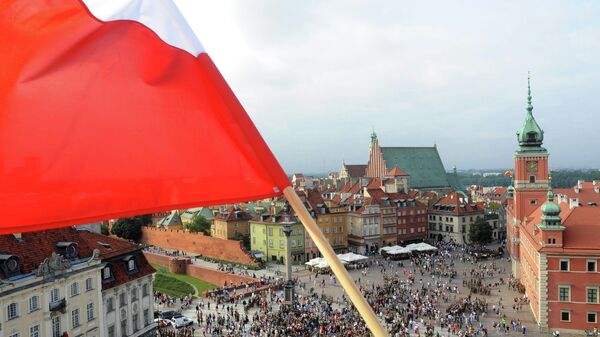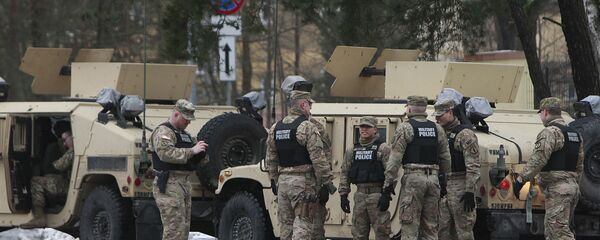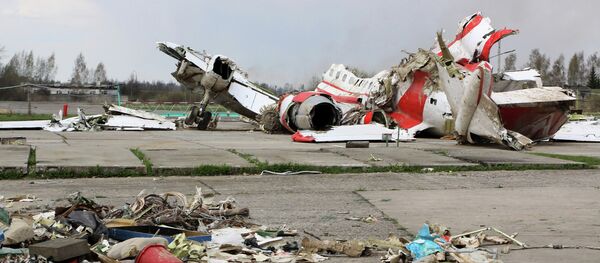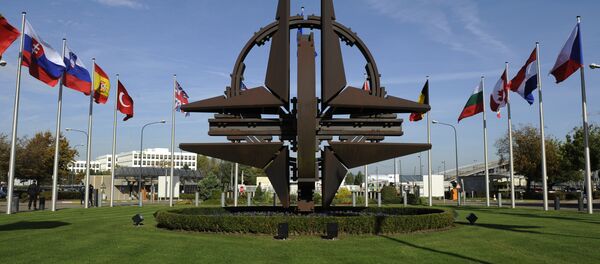The interview came after Polish Foreign Minister Witold Waszczykowski said that Warsaw is willing to restore economic relations with Moscow.
He said that Russia remains an important neighbor of Poland despite the political differences between the two countries, but that "it takes two to tango."
Waszczykowski also reiterated his hope that Russia will deliver the wreckage of the Polish presidential plane which crashed in Russia in 2010 to Warsaw.
On April 10, 2010, a jet airliner carrying then-Polish President Lech Kaczynski, his wife and a large contingent of government officials crashed amid heavy fog as it attempted to land at an airfield near the Moscow Region city of Smolensk.
All 96 people on board died in the crash. The Moscow-based Interstate Aviation Committee said that the flight crew's decision not to reroute the plane to an alternative aerodrome had led to the crash and an independent Polish investigation confirmed these conclusions.
However, the Polish nationalist blogosphere responded to the tragedy with its own anti-Russian conspiracy theories. The event was especially politically charged because the delegation had been scheduled to attend a memorial service dedicated to the victims of the Katyn Massacre.
Commenting on Waszczykowski's statement, Mariusz Olszewski remained downbeat about a thaw in ties between Moscow and Warsaw.
"The speech by the Polish Foreign Minister was actually a hymn in his honor. On many issues, Poland's current foreign policy is nothing but a continuation of the foreign policy pursued by the former government, which has not rendered a good service to the country," Olszewski said.
Olszewski emphasized that "a serious state should have a well-though-out scenario on changing [Russian-Polish] relations; [the lack of one] leaves much to be desired."
"The very fact that Waszczykowski signaled Poland's readiness to develop a dialogue with Russia is important, of course. But it must be followed by another step, namely, the dialogue itself. It is impossible to talk without talking. This is political absurdity," he added.
He also said that at the moment, the political centers in Europe are waiting for changes in the United States under President Donald Trump, something that Olszewski said may be followed by a new stage of Polish foreign policy.
"I think that only after the White House's step, Europe's stance on Russia will undergo changes which will help resolve a spate of problems that have emerged in the last three years," he concluded.
"There are hopes that this dialogue will be restored. If changes under the new US President lead to certain progress in that regard, it should only be welcomed. All NATO members agree that a political dialogue should be conducted with Russia," Marciniak said.
Never miss a story again — sign up to our Telegram channel and we'll keep you up to speed!





